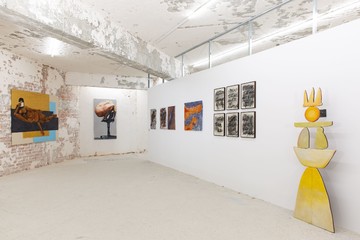Galeria Jaqueline Martins proudly presents the works of Jota Mombaça (born in 1991, Natal), Ana Mazzei (born in 1980, São Paulo) and Lia D Castro (born in 1978, São Paulo) for Paris Internationale 2023.
Their works challenge conventional boundaries and confront us with questions about identity, society, and the human experience. Committed to pushing the limits of artistic exploration, they offer us a profound exploration of the complex, multifaceted nature of contemporary existence.The convergence of their artistic narratives serves as a testament to the transformative power of art, capable of inspiring change, questioning norms, and nurturing meaningful dialogues.
Ana Mazzei’s work transcends conventional boundaries, blurring the lines between art, architecture, and landscape. Her works are narratives in themselves – fictions that weave together installations, settings, and objects. Some of the works operate on a smaller scale, such as the series of installations arranged on the floor formed by groups of small shapes made of felt, concrete or wood similar to the architectural models of old cities, amphitheaters or monuments. Beyond the formalist exercises, these floor objects invoke unidentified stories that suggest hidden and impenetrable archetypal structures - they are like pieces and fragments of myths, lives and fictions that are represented in paintings, videos, sculptures and installations.

Cedar, peroba mica, cold ceramics, oil paint and varnish
94 x 70 x 70 cm
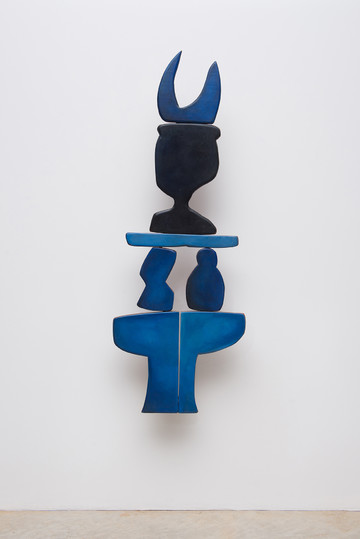
Cedar, iron, oil paint and varnish
158 x 58 x 23 cm
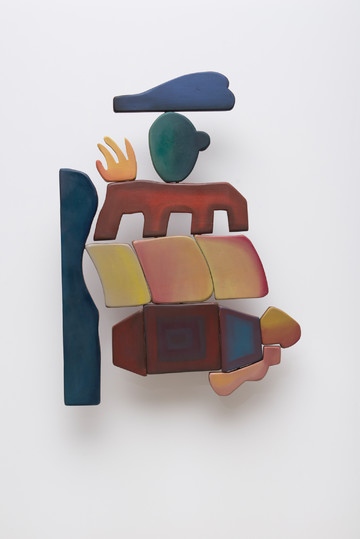
Cedar, iron, oil paint and varnish
123 x 88 x 23 cm
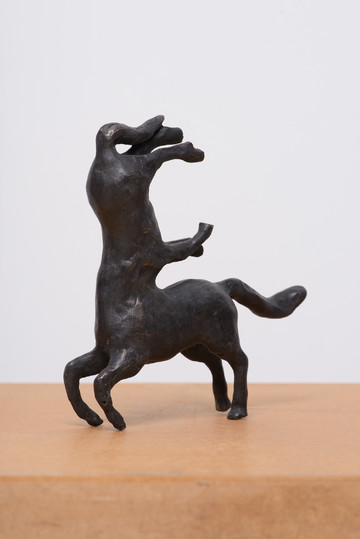
Bronze with patina
19 x 18 x 4,5 cm
Jota Mombaça is an interdisciplinary artist whose artistic practice traverses the realms of poetry, critical theory, queer studies, political intersectionality, anti-colonial justice, and the redistribution of violence. Mombaça defines themselves as a non-binary black bicha, born and raised in Natal, in the northeast of Brazil. Bicha is a Brazilian slang term used against gay men. For the artist, it is important to emphasize these definitions as forms of reappropriation of discriminatory terms in self-identification. The sonic and visual features of words play an essential role in relating decolonial and gender disobedience in their work and are often the point of departure for performances, performative readings, and workshops. In recent years, Mombaça has been investigating the relationship between monstrosity and humanity and the tensions between ethics, aesthetics, art, and politics in the knowledge productions of the global south.
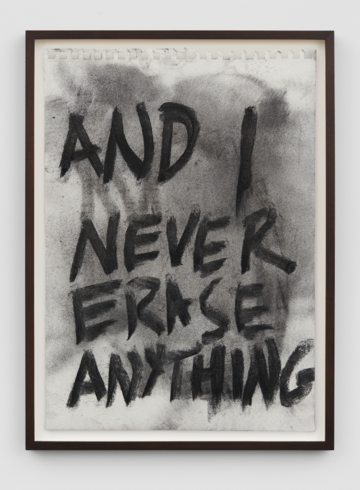
Charcoal on notebook paper
41 x 30 cm
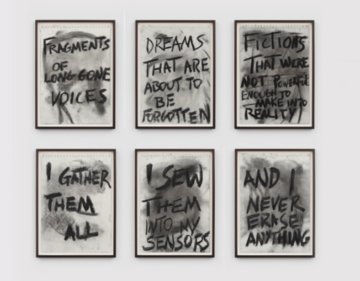
Charcoal on notebook paper
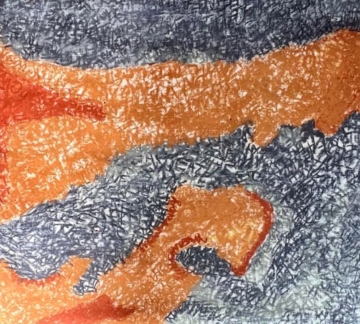
Charcoal and pigment on canvas
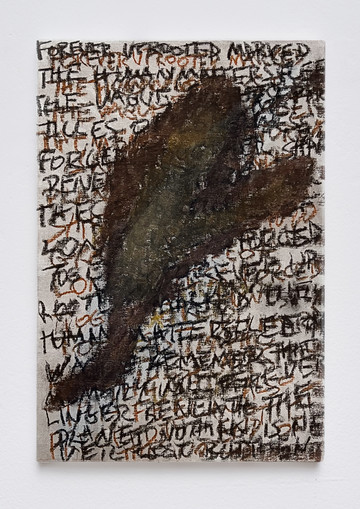
Charcoal and pigment on canvas
48 x 63 cm
Lia D Castro’s artistic practice offers an approach to art that goes beyond her own paintings, texts and installations. It encompasses the complexity of society, and seeks to build more meaningful and inclusive narratives and lived experiences that, prior to now, had not been represented in the works exhibited in museums and art galleries. Her paintings work as a mirror, implicating the viewer as witnesses in the stories they tell, of a series of relationships, related to race and visibility, identity and community, and capitalist structures that value profits more than human lives.
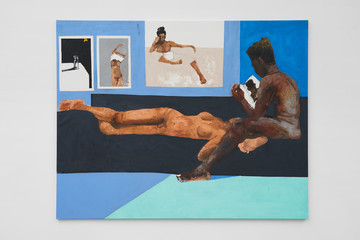
Oil on canvas
146 x 185 cm
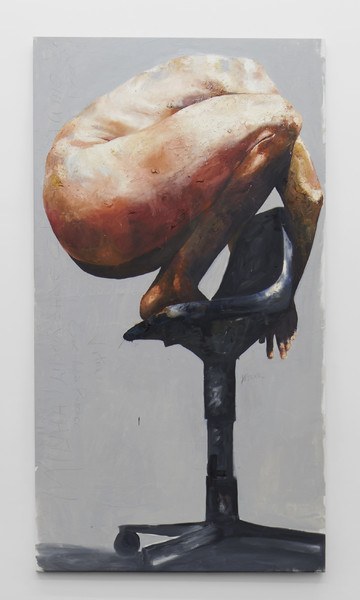
Oil, acrylic and graphite on canvas
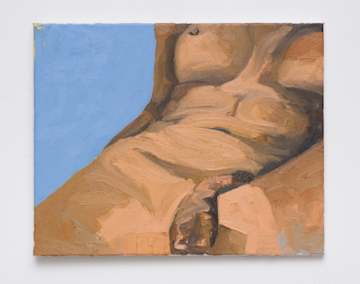
A Travessio Do Rubicão
Oil on canvas
40 x 50 cm
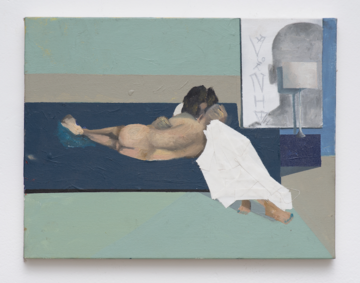
Oil on canvas
40 x 30 cm

